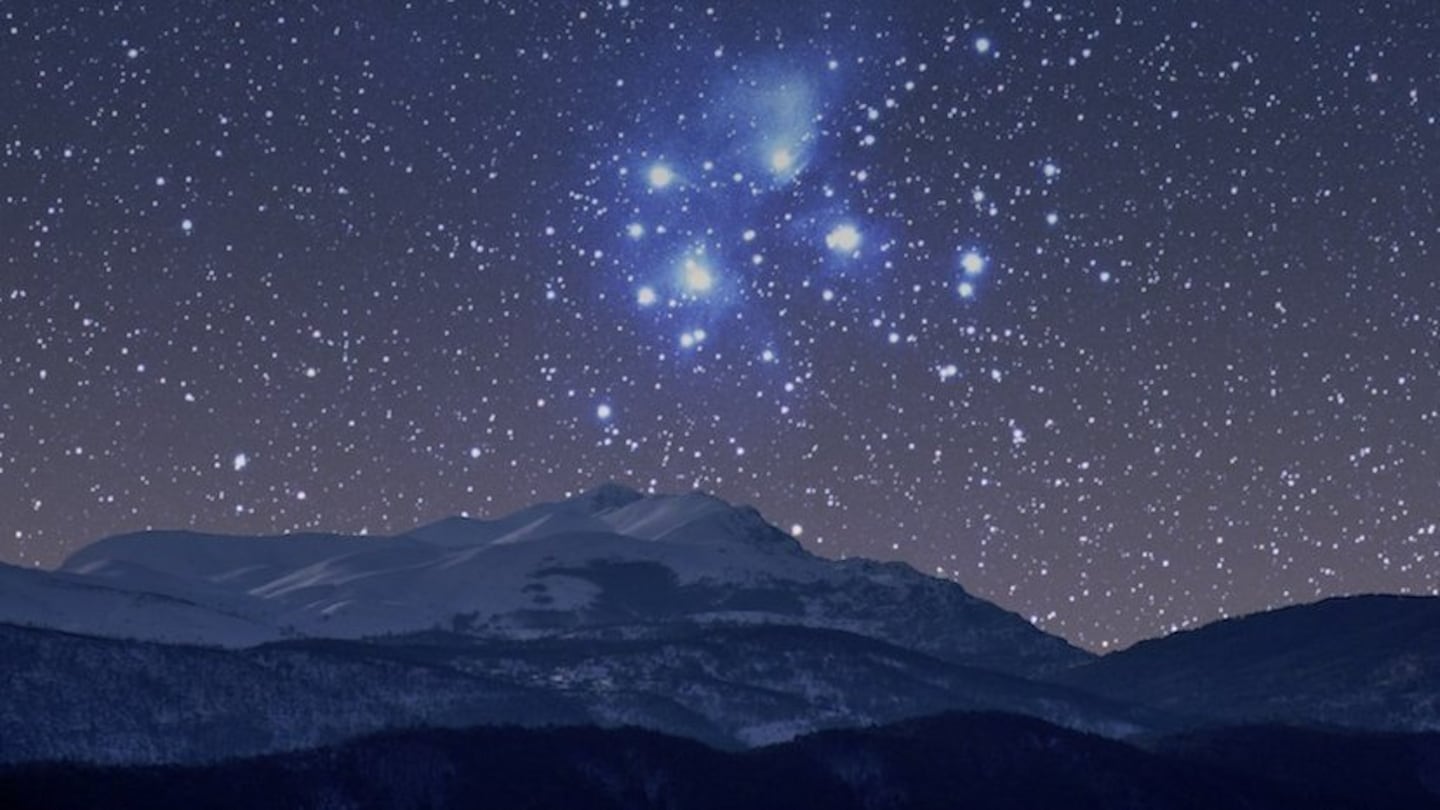This year’s Matariki heads south for a new direction and ‘a time to talk and eat’ theme.
This year’s celebrations mark the third year of Matariki as a public holiday and the nationwide hautapu is being held in Ngāi Tahu, which has different traditions for Matariki. from other iwi.
Te Aorere Pewahirangi, who is a part of leading the charge for Matariki celebration,s says the reason for Matariki Heri Kai (Bearing food) as the theme is taking a look into one of the current topics of discussion among Māori.
“Ko Matariki, koia te mutunga o te tau, koia hoki te tīmatatanga o te tau. Nōreira he wā hei whakakotahi, he wā kia noho tahi ki te wānanga, ki te āta whai whakaaro, kia titiro whakamuri ki te tau kua pahure me te whakatahuri hoki i ō tātou whakaaro ki tau kei te aroaro me ngā manako nui ki a Hiwa i te rangi, me kore noa e hua mai ai he tau hua nui, he tau pai ake, kaua mō tāua te Māori anake engari mō tāua te ira tangata otirā mō te taiao whānui.”
(Matariki, that is the end of a year and the beginning of a new year. So it is a time to unite, come together, to be considerate, to look back on the year that has gone and also look to the new year with our aspirations for Hiwa i te rangi, not just asking for a year filled with many great things, but a better year not just for us as Māori, but for every person, and for the environment.)
Matariki Heri Kai literally translate to Matariki bearing food but it isn’t the idea of physical food alone, which describes the theme for Matariki this year.
“Ko te kupu kai, ehara anake i te kupu e hāngai ana ki te kai ‘food’ nei, engari e hāngai ana hoki ki te kai a te rangatira, ki te kai mārō, ki te mātauranga, ki ngā kōrero tuku iho, ki ngā pūrākau, me te aha ko te wā o te takurua, te wā o te makariri koirā te wā i noho tahi ai ō tātou tīpuna ki te wānanga, ki te whakawhitiwhiti kōrero. Nōreira ko tēnei Matariki e hāngai ana ki tā tātou whakakotahi, ki te wānanga, otirā ki te kai tahi, ki te hākari tahi me te whakanui tahi i te mātahi o te tau.”
(The word ‘kai’ isn’t only in relation to the word ‘food’, rather it correlates to the food of a chief, knowledge, stories passed down, traditional stories and as a result as winter dawns and the weather becoming cold, that is the time our ancestors gathered together to converse. Matariki is a time for us to unite, to discuss, to share food, feast together and celebrate as one bringing in the new year.)
The official public holiday date for Matariki this year is June 28 and, with the national hautapu being held in Ngāi Tahu, the traditions and customs seen at Matariki will be different from the past two years.
Ngāi Tahu celebrates a different celestial body from Matariki, and Pūanga is the constellation that welcomes in its new year.
Pewhairangi says sharing new ideologies and beliefs is what defines Matariki.
“Koirā te pai o te Māori. Ehara i te mea he ‘homogeneous people’ tātou. Karekau he whakapono kotahi, engari kei tēnā iwi, kei tēnā iwi, kei tēnā hapū, kei tēnā hapū ōna ake whakaaro, ōna ake whakapono, me te aha kei wareware i a tātou ehara ko Matariki anake te kāhui whetū i te rangi, engari e hia kē nei rau ngā kāhui whetū, e hia kē nei mano ngā whetū e mōhiotia nei.”
(That’s one of the best things about Māori. It’s not as if we are a homogeneous people. There is not a one belief system. Each and every iwi and hapū has its own perspectives and beliefs. Bearing in mind it’s not as if Matariki is the one and only constellation in the sky; there are many hundreds of constellations and however many thousands of stars are known.)




